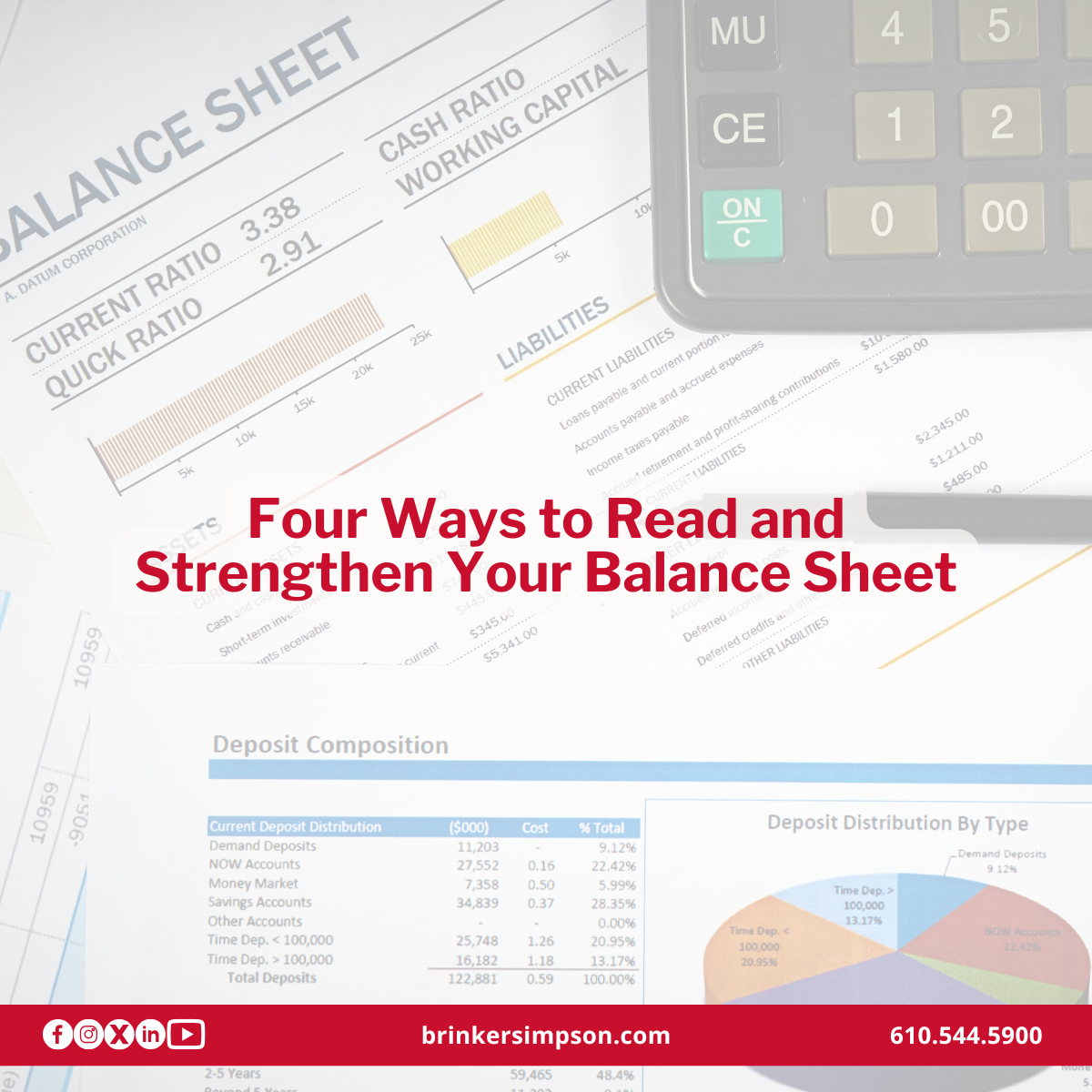Reliable financial reporting is key to any company’s success. Here’s why your business should at least consider investing in audited financial statements.
Weighing the differences
Most businesses maintain an in-house accounting system to manage their financials. The documents your staff prepares through your in-house accounting system are called “internally prepared financial statements.”
In many cases, internal financials are perfectly functional for the day-to-day operational needs of a small business. But they usually don’t follow every reporting standard prescribed under U.S. Generally Accepted Accounting Principles (GAAP).
When an external CPA audits your financial statements, he or she will examine various accounting documents to check whether you’re following GAAP and, afterward, offer an opinion on your statements. If the auditor issues an “unqualified” opinion, he or she agrees with the methods your in-house team used to prepare your financial statements.
If a “qualified” opinion is issued, it usually means the auditor has identified one or more GAAP reporting methods that your company hasn’t followed. This doesn’t mean your financial statements are inaccurate; it just signifies that you didn’t prepare them according to GAAP. (There may be other reasons for a qualified opinion as well.)
Looking at both sides
Who cares whether you’re in compliance with GAAP? Lenders, investors and other external stakeholders do. For example, banks may require you to provide audited financial statements before they approve loans, and sureties usually require them for bonding purposes. Some governmental agencies also require companies to provide audited statements to bid on contracts.
You may even save money. Small businesses with audited statements typically receive lower interest rates on loans than companies without audited statements. In addition, because of the extra steps an external auditor takes, audited financial statements are more likely than internally prepared statements to be free of reporting mistakes, such as data entry errors. For example, if your balance sheet shows that you bought a piece of equipment for $100,000, your auditor will double-check that figure by looking at the original receipts.
Although audited financial statements can provide the benefits mentioned, they’re not something your business should leap into without foresight. In addition to requiring a financial investment, an outside audit will ask you and your employees to invest a substantial amount of time and energy toward its completion. You’ll need to gather and provide extensive documentation and even submit to interviews.
What’s right for your business?
If external stakeholders don’t require your company to provide audited financial statements, your CPA offers other lower-cost options, such as compiled or reviewed statements, which can help you gain insight into your company’s financial health. Contact us to determine what’s appropriate for your situation. If you decide you want an external audit of your financial statements, we’ll discuss timelines and responsibilities before fieldwork begins.



